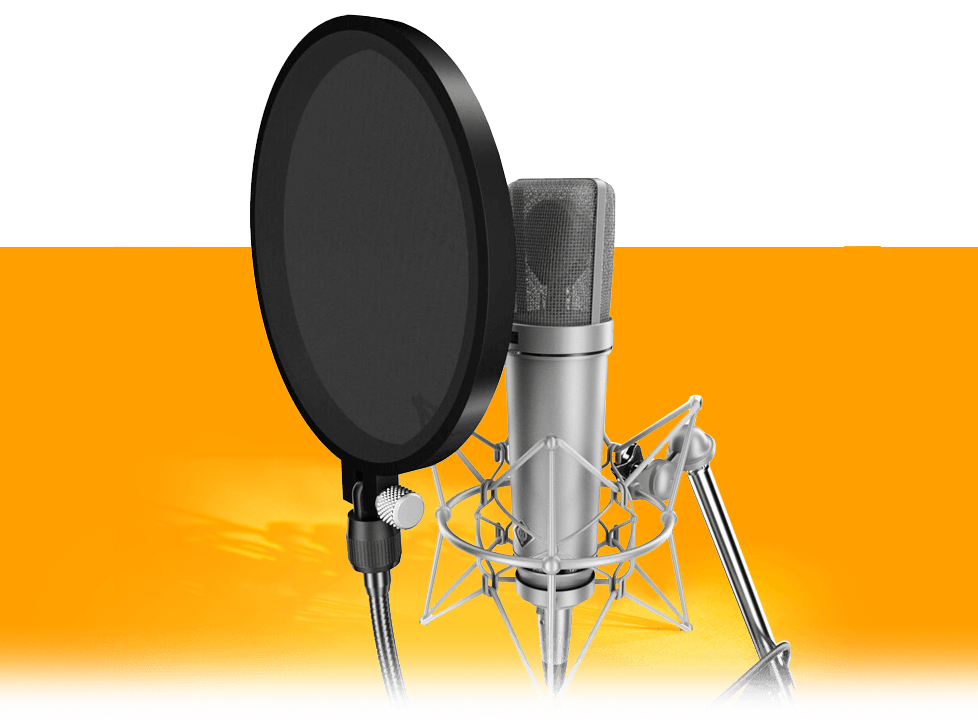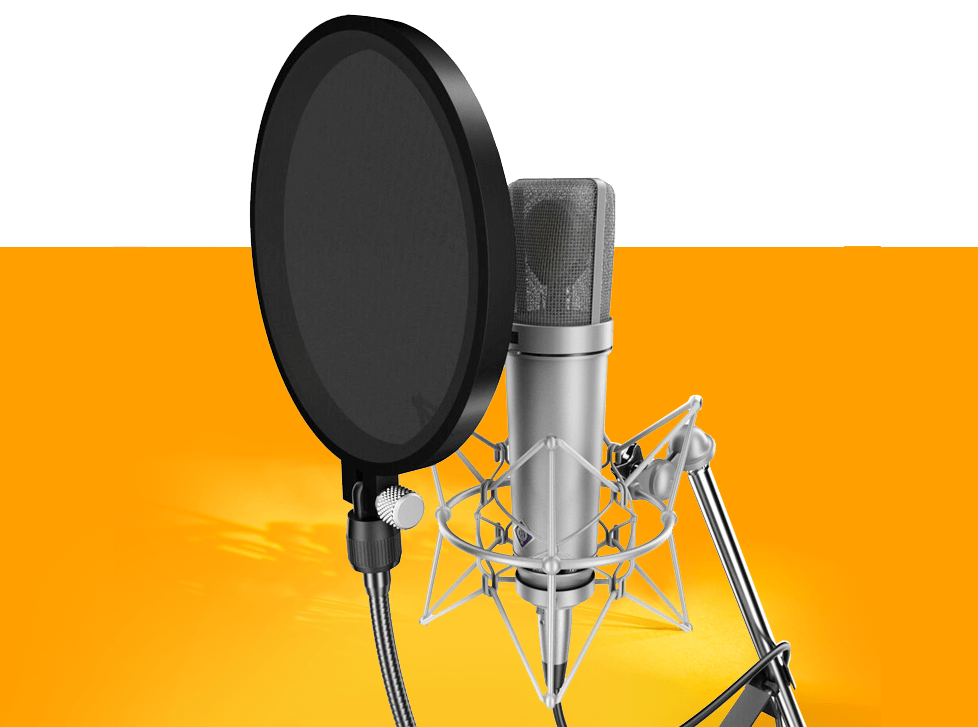What is a Music Producer Responsible For?
Jeremy Alves | October 30, 2023
A music producer is a multifaceted professional responsible for overseeing and guiding the creation, recording, and production of music tracks or albums. A producer has a deep understanding of music and sound production and how to use their skills to meet the current project's various needs.
Their role involves shaping the artistic direction of a project, collaborating with artists, and managing the technical and creative aspects of the recording process.
Music producers can work across various genres, including pop, rock, hip-hop, electronic, and much more. Producers can also work on movies, TV shows, and video games to produce thematic scores.
Anyone who wants to become a music producer should first learn what a producer does before exploring
music producing schools. So, let’s dive into exactly what a producer is responsible for to help you choose if it’s the right career for you.
What Exactly is a Music Producer?
A music producer can wear many hats throughout their career and even a single project. A day in the life of a music producer might look different depending on the current projects and individual tasks within them.
Music producers can have varying degrees of involvement, from hands-on production to advisory roles, depending on the artist's needs and the producer's style. Producers play a crucial role in translating an artist's vision into a tangible musical product, making them pivotal figures in the music industry.
Additionally, the roles of a producer will vary depending on the size of the team or studio. Sometimes, the producer will handle everything from composition to
music engineering; other times, they’ll be laser-focused on one element, like sound design or audio recording.
What Might a Music Producer Be Responsible For?
A music producer undertakes a wide range of tasks throughout the music production process, spanning from pre-production planning to the final stages of post-production. Your exact role will depend on the studio you work for, the team's size, and the current project's needs.
Attending a music production course that understands the real-world working environment a producer may face is crucial so students are ready to dive right into their new careers.
Let’s break down some of the key responsibilities of working in production in music to give you an idea of what you might be doing throughout your career.
Pre-Production
A music producer will work closely with artists to define the project's vision, style, and goals. Possible tasks include:
- Selecting songs or compositions to be recorded.
- Assisting with song arrangements and structure.
- Planning the overall sound and sonic direction of the project.
Studio Recording
Producers guide musicians and vocalists to achieve the desired performance during recording sessions. A producer will provide feedback, suggest improvements, and ultimately strive to ensure a cohesive musical arrangement. Tactfully providing specific criticisms is an essential soft skill for this task.
Sound Design and Composition
Producers contribute to the creation of the sounds involved in the track by selecting instruments, sounds, and textures that align with the project's concept. This role often involves making decisions about instrument arrangement and track composition and may include sound design.
A producer arranges and structures the musical elements to create engaging dynamics and a captivating progression within the song or album. If needed, entirely new sounds may be designed from scratch to achieve the desired outcome.
Technical Direction
Producers work closely with engineers to achieve optimal sound quality. They make decisions about microphone placement, recording techniques, and mixing approaches. On smaller teams, the producer may take on the role of an engineer directly.
Editing and Mixing
Producers oversee the editing of tracks to correct any imperfections and enhance the overall sound. They’ll also identify and fix any timing issues or tuning problems. Additionally, the producer may work with mix engineers to balance instruments, adjust levels, and create a polished final mix — or handle these tasks independently.
Post-Production
This final phase involves several critical processes, all focusing on creating a final polished track. This step can include:
- Adding sound effects, specialized VSTs, or additional samples to work towards the artistic vision.
- Mastering the track if engineers are not handling this step.
- Ensuring that the mix translates well across different playback systems.
Collaboration and Leadership
Producers collaborate with artists, songwriters, engineers, and session musicians to bring the project to life. Typically, the producer facilitates creative collaboration and ensures everyone aligns with the project's vision.
They’ll provide overall leadership and maintain a positive and productive studio environment. Some aspects of producing a song can be tense, especially if multiple takes or significant revisions are necessary, so a producer helps prevent or resolve these issues.
Project Management
Producers often take on the role of project manager to streamline the project from start to finish. These tasks can include:
- Be aware of the total budget for the project and manage expenses accordingly.
- Managing timelines and talent to ensure the project's smooth progression.
- Coordinating various elements of the production process, including scheduling recording sessions and mixing dates.
However, there may be a separate project manager in some situations who handles these tasks.
Artistic Direction
An essential role of the producer is to guide the creative process while respecting the artist's vision, helping to shape the music to enhance its commercial viability and artistic integrity. Achieving this involves balancing creative input with respect for the artist's vision and prioritizing strong communication skills to avoid potential conflicts.
Mastering Coordination
Mastering a track before it’s ready to ship is a technical task that also requires musical expertise. Attending a music engineer course will help you gain the skills and experience needed to prepare you for this specialized and crucial role. Producers may collaborate with mastering engineers to prepare the final mastered tracks for distribution.
How to Become a Music Producer
Becoming a music producer involves a combination of education, practical experience, networking, and developing your musical and technical skills. Let’s explore some quick tips on how to pursue a career as a music producer:
- Develop musical skills: Gain proficiency in playing an instrument. You don’t need to master it but learn the ropes. Additionally, study music theory and composition to understand the fundamentals of music structure.
- Establish technical knowledge: Learn the basics of sound recording, mixing, and audio equipment. Familiarize yourself with digital audio workstations (DAWs) and the various VSTs you’ll use on almost every track.
- Consider a formal education: You can jumpstart your career by completing music producer programs or audio engineering courses offered by universities, colleges, or specialized institutions such as OIART. Online courses, tutorials, and workshops are also valuable resources to learn specific production techniques.
- Gian hands-on experience: Start producing your own music projects to apply and refine your skills. Find other musicians, vocalists, and artists to work with and gain more experience.
- Internships and assistant roles: Seek internships or assistant positions at recording studios, production companies, or with established producers. Learn from experienced professionals and observe everything from workflows to how they interact with artists.
- Portfolio building: Create a portfolio showcasing your production work, including completed tracks and projects across different genres. Develop a professional online presence through a website or social media platforms.
- Network: Attend music industry events, workshops, seminars, and conferences to connect with fellow producers, musicians, and industry insiders. Join online communities and forums to share your work and engage with other aspiring producers.
- Learn about different genres: Experiment with producing music in various genres to expand your versatility and creative range. Even if you decide to focus on one or two genres, having a broader understanding will still be valuable.
- Stay updated with industry trends: Keep up-to-date with technological advancements, production techniques, and trends in music production. For example, AI is already making an impact on the industry.
- Assist and collaborate: Seek out established producers and ask to assist them on projects to gain insights into their workflows and techniques. Additionally, collaborate with artists and songwriters to diversify your experiences.
- Develop your own sound: Establish a unique production style that sets you apart from others in the field. Experiment with different techniques and effects to create a signature sound. As your career progresses, artists will ideally seek you out because they like your style.
- Persistence and adaptability: The music industry is dynamic and competitive. Simply put, stay persistent, keep learning, and adapt to changes in musical trends and technologies.
Ultimately, a music producer wears many hats, acting as a creative visionary, technical expert, collaborator, and project manager.
The role of a producer is pivotal in translating artistic ideas into tangible music that resonates with audiences, whether you’re working with a major recording artist or composing the score for a film.
Become a Music Producer with OIART
Starting and growing your career as a producer takes time and dedication. It's important to continuously refine your skills, expand your network, and keep honing your craft to achieve your goals in the industry.
OIART is one of the leading music production schools in Canada with a reputation for preparing our students with the skills and experience needed to work in the field. Does a career as a music producer sound like the right choice for you?
Apply today to take the first step.
Ready to Start?
OIART's Audio Program Includes:
✓ Small Class Sizes
✓ On Site Facilities
✓ Industry Leading Instructors
✓ Post Grad Support & Guidance
✓ Exclusive 11 Month Program
Top Reasons Why You Should Choose OIART.
Have Questions?
If you have questions about our audio engineering and music production program or would like to book a tour, we would be pleased to speak with you.
Text Us: 519.200.4151
Share This With a Fellow Music Lover
Apply in 4 Steps!
Step 1: Click apply now.
Step 2: Answer 8 questions about yourself.
Step 3: Upload supporting documents.
Step 4: That's it! You are done.
Share this with fellow music lovers


